Carotid Artery Disease
The carotid arteries are the main arteries in your neck that supply blood to your brain. If too much plaque builds up in your carotid artery, it can cause the artery to narrow (carotid stenosis). Small clots can form, then break off and travel to the brain, causing a minor or major stroke.
Symptoms
The first signs of carotid artery disease may be:
- A stroke
- Mini-stroke
- TIA symptoms (such as weakness or numbness on one side of your body)
- You may also experience slurred speech, difficulty talking, or facial drooping.
Most people with carotid artery disease, even with severe blockage, experience no symptoms. The condition is usually found in a routine physical or during testing for other problems.
Very rarely, carotid artery disease may cause ringing in the ears or fainting due to decreased blood flow to the brain. Neck pain is not a symptom of carotid artery disease.
Diagnosis
If you develop carotid artery disease, you will need regular carotid artery ultrasound tests.
The most common test is a non-invasive carotid artery duplex scan (ultrasound). This can determine whether the artery has narrowing and how bad it is. Some patients also need additional testing such as computerized tomography (CT) scan, magnetic resonance angiography (MRA) or angiogram.
Treatments
Treatment for carotid artery disease is given to reduce the possibility of stroke. Specifics depend on the degree of artery narrowing.
- Quitting smoking is the most important thing you can do for your health, including the carotid arteries.
- Medication can help slow the progression of carotid artery disease. Aspirin and medications that lower your cholesterol are used for nearly all patients with carotid stenosis.
- Surgery may be recommended depending on your symptoms and how bad the narrowing is. Most patients are best treated with traditional surgery to remove the blockage, but some patients do better with stenting of the carotid artery. You and your doctor will agree on the best treatment plan for you.
